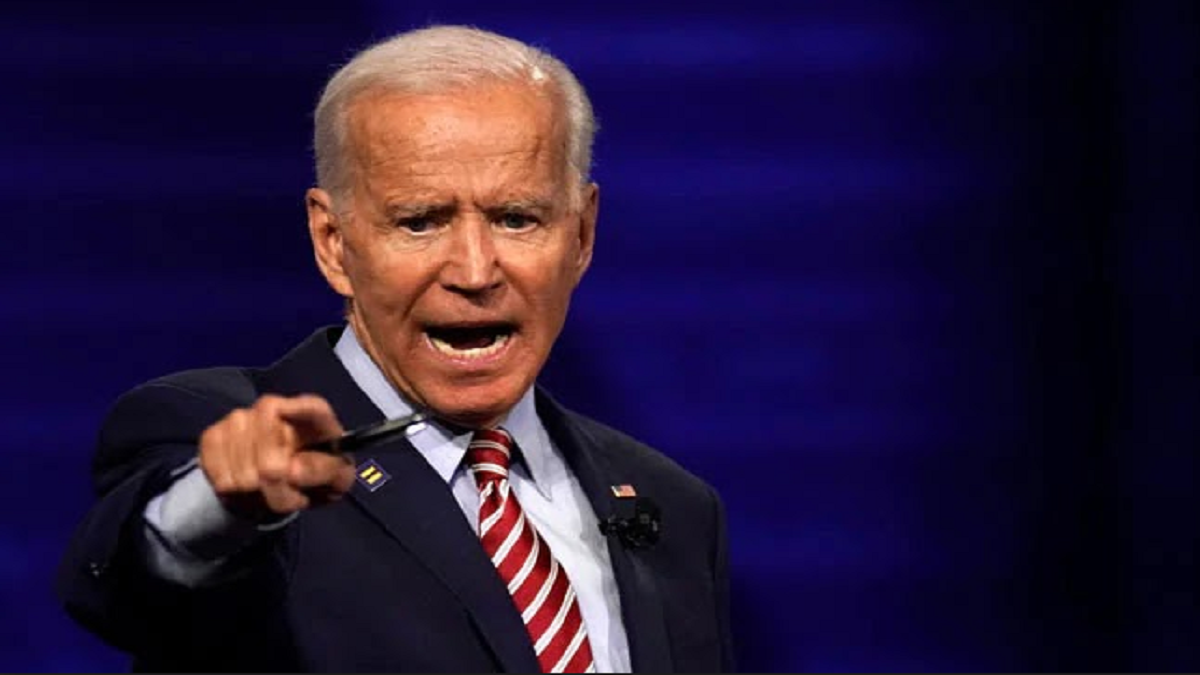


Democratic Presidential candidate Joe Biden’s policy document, “Joe Biden’s Agenda for the Indian American Community” issued over the weekend, has a detailed section on India-US partnership. It makes for reassuring reading in the backdrop of the unpleasant statements made about India by Biden’s team members and a combination of leftist-Islamist forces that seem to have gone mainstream in the Democratic party. For that matter, Biden himself did not help India-US relationship when, in “Joe Biden’s Agenda for Muslim-American Communities” issued in June, he put the world’s most populous democracy in the company of China for its treatment of Muslims—an outrageous comparison, to say the least. The “Muslim Agenda” raised the issue of “human rights” in Kashmir and criticized the Citizenship Amendment Act, apart from the National Register of Citizens, thus exposing the ignorance of Biden’s campaign team and their susceptibility to fall for propaganda by interests arrayed against India. In effect, the Biden team segregated Indian-origin Muslims as a separate entity from Indian Americans, thus subverting the whole premise of equality, which Biden claims to stand for.
Considering no such worries about the state of India’s democracy and “secularism” find a mention in the latest “Indian American Agenda”, it is assumed that the earlier statement was an act of political expediency, tailored to suit the demands of a particular constituency. It is also assumed that the Indian “Agenda” is an act of “geopolitical expediency”, which necessitates a strong alliance between the United States and India, two of the most important democracies of the world. In fact, from the direction that US’ India policy has been taking and the way bipartisan consensus has been developing about the need to have a close USIndia partnership, especially to counter China, there is no reason to believe that Biden is being everything to everyone. Hence, he should be taken at face value when he says, “a Biden Administration will place a high priority on continuing to strengthen the U.S.-India relationship… Together, we will continue strengthening India’s defense and capabilities as a counterterrorism partner…” But then how does one reconcile the two “Agendas”? There is growing consensus in the strategic and policy community that a Biden Administration, if it comes to power, may make occasional noises about “human rights issues” under pressure from various lobby groups, but will be steadfast in enhancing its partnership with India, especially in the Indo-Pacific region. This finds a reflection in Biden’s latest Agenda, which says that a “Biden Administration will also work with India to support a rules-based and stable Indo-Pacific region in which no country, including China, is able to threaten its neighbors with impunity”. This is a significant statement, coming from someone who is believed to be more focused on the Atlantic and Nato as the pivot of his foreign policy. In a foreign policy speech delivered in New York last year in July, not once did Biden speak about the IndoPacific, but primarily about renewing the US’ relationship with Nato. But then policy can never be static and a year later it is hoped that a Biden administration, if he becomes President, will follow in the footsteps of the Trump administration, during whose time Obama’s “pivot to Asia” became more pronounced and focus shifted completely from the Atlantic (Nato) to the Indo-Pacific, and rightly so because of the rise of a malign power such as China. The focus is now on containing China and ensuring that it behaves responsibly—as a great power should. In India, there is a belief that the Republicans are better for Indian interests than the Democrats, but this postulation may not be valid at a time when China’s aggression against India is inviting bipartisan condemnation in the US Congress. As for noises made by busybodies and vested interests about “human rights issues”, let’s not forget that the strong ties between India and US during President Donald Trump’s tenure have not deterred organisations such as the USCIRF from unfairly branding India as a “country of particular concern”. Hence, this is a hazard we have to live with, whoever be the US President, Donald Trump or Joe Biden; or better still, this is something we have to preempt and counter proactively, which we have not been doing. India’s messaging has to be better at a time when both countries’ focus is on making the India-US partnership a defining one for the 21st century. As else the narrative gets hijacked unnecessarily.